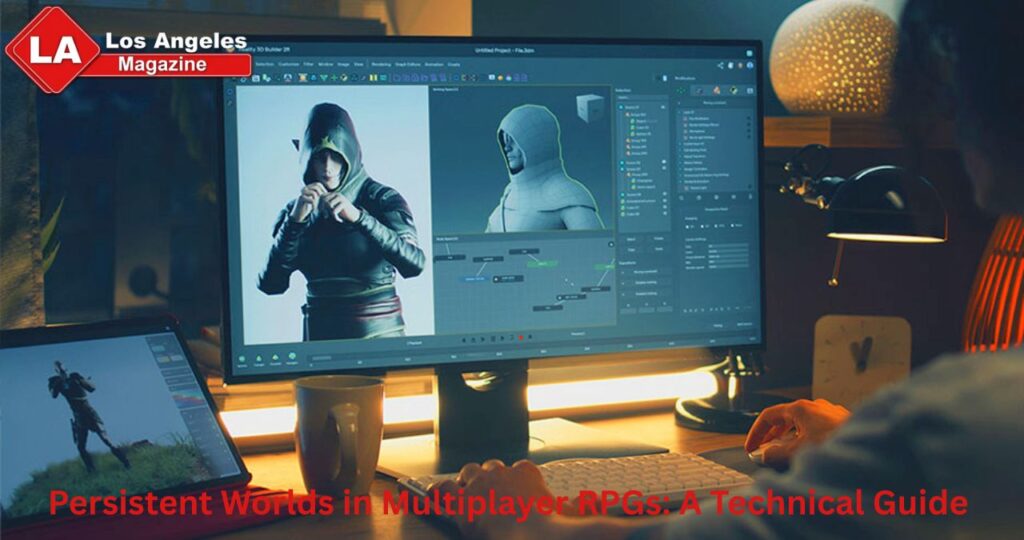Coaches play a vital role in shaping athletes’ mental preparedness and overall performance. One key aspect of their training is understanding and applying sport psychology.
It is not just about physical training; mental skills are equally important in sports. Teaching sport psychology can significantly improve athletes’ abilities and foster a winning mindset.
So, what does it really take to teach sport psychology as a fitness coach? Read on.
Understanding the Basics of Sport Psychology
Sport psychology focuses on how mental factors influence athletic performance. It helps athletes handle competition stress, stay motivated, and grow their confidence.
Coaches must first grasp the fundamental concepts of this field. This includes topics like goal setting, visualization, and self-talk.
Imagining a great performance can help athletes calm their nerves before a game. Coaches should learn the theories behind these techniques. This helps them teach them well. Knowing about sport psychology helps coaches support each athlete based on their needs.
The Importance of Building Relationships
Coaches must build trust with their athletes to teach sport psychology well. This connection helps athletes feel comfortable sharing their worries and fears. When athletes trust their coaches, they talk more about mental preparation strategies.
Moreover, communication skills are paramount. Coaches should be approachable, patient, and empathetic.
Coaches can understand their athletes’ challenges by listening to them. This helps in creating effective mental strategies together. This close bond can create a supportive environment. It helps growth and improvement.
Creating a Supportive Learning Environment
Teaching sport psychology requires creating a safe and supportive learning space for athletes. Coaches can implement activities that encourage open discussions about mindset and mental skills. This might include group discussions, role-playing scenarios, or even journaling exercises.
These activities help athletes think about their thoughts and feelings. They also build important mental skills.
Coaches can guide these talks. They can share their own experiences and insights on sports psychology. Also, adding fun activities to training can make learning enjoyable. This helps everyone understand mental strategies better.
Strategies to Boost Confidence
A key goal of teaching sport psychology is to help athletes build confidence. Confident athletes tend to perform better and are more resilient in the face of challenges.
Coaches can use various strategies to help their athletes develop self-belief. One effective method involves setting achievable goals.
When athletes set small, realistic goals, they can celebrate their successes along the way. This progress reinforces their belief in their abilities.
Coaches should encourage positive self-talk. They can also use visualization techniques. Both help boost performance and self-esteem. Coaches boost athletes’ potential by building a confident mindset.
Continuous Learning and Professional Development
Coaches should keep learning about sport psychology to teach it well. Attending workshops, enrolling in relevant courses, or even obtaining a Sport Psychology Certification can provide coaches with valuable skills and knowledge. This continuous learning ensures coaches remain updated with the latest research and methods.
In addition to formal education, coaches can also learn from their experiences. Thinking about their coaching and asking athletes for feedback can show what works. This willingness to learn and adapt will ultimately enhance their coaching effectiveness.
The Impact of Teaching Sport Psychology
To teach sport psychology as a fitness coach, you need dedication, understanding, and effective strategies. Coaches need to understand key ideas. Teaching sport psychology offers more than just better performance.
If you are a fitness coach, consider exploring the world of sport psychology. It might just be the key to unlocking your athletes’ potential and helping them succeed in their sporting endeavors.
Need more ideas? Check out our other helpful articles on our website.



